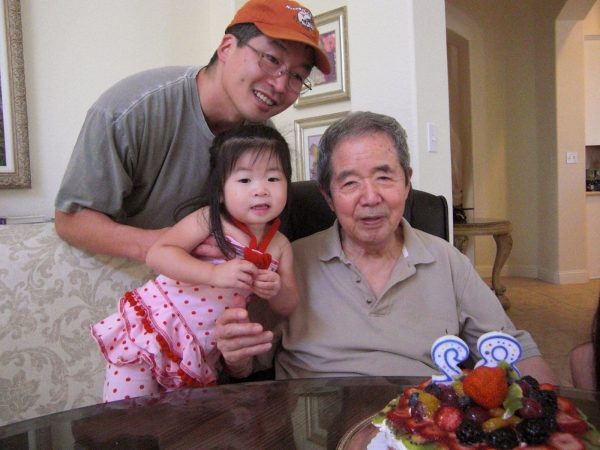Recent restrictions on student clubs stifle self-expression
From 8:40 in the morning to 4:05 every afternoon, high school students sit in cramped desks and in stuffy classrooms — beaten into exhausted submission. For these eight hours they are forced to listen to the opinions of teachers they may or may not agree with, and to endure long lectures over material they may or may not be interested by.
When the final bell rings and the school day at last concludes, the pent-up energy and creative abilities of students are left looking for a way to manifest themselves. Some channel this power into sports, a musical ensemble, a UIL-sanctioned academic pursuit like debate or, like me, a publication. Where do the others go? Probably a student interest group.
Recently, a friend of mine began a new club in this vein: Suicide Prevention Club, also known as Westlake Cares. Our group planned to participate in an awareness walk sponsored by the American Foundation for Suicide Prevention on Homecoming weekend, and was looking for a way to raise money for the cause in tandem with the walk. Taking cues from previous fundraising events held on campus, we attempted to get permission to sell pancakes in the morning during Spirit Week. That was when the obstacles started popping up.
First, we were told that student clubs are not allowed to fundraise. This was confusing because other organizations have hosted bake sales and sold T-shirts or other items to collect money in the past. What makes American Sign Language Club or Student Council any different than Suicide Prevention Club? Consulting the Student Handbook, I discovered that organizations like the former are considered “curriculum-based” clubs that are endorsed by the school. Yet it seems that students with independent motives are left on their own.
The morning after my friend’s conflict with the administration over fundraising, an announcement was made in second period stating the new guidelines for advertising student-interest groups. Apparently, meetings are no longer permitted to be announced on the Chap Recap, only 10 fliers may be posted for club notifications and student organizations are forbidden from collecting any dues or raising money.
I researched these restrictions in the Student Handbook. As it turns out, the rules about announcements and fliers really are found in the guidelines for student organizations, but have never before been strictly enforced. On paying dues, the handbook states that students may provide personal funds to support voluntary clubs, but it is not clear whether or not this applies only to those “curriculum-based” clubs — although that is obviously the administration’s interpretation. Student groups are also permitted to conduct fundraisers, if an application to the principal is approved at least 10 school days prior to the event. In an attempt to circumvent restrictions placed on student groups, Suicide Prevention Club partnered with NHS for its fundraiser. Even so, plans fell through because of complicated paperwork and regulations.
I made another discovery while investigating the handbook: there is an entire, albeit small, section devoted to suicide awareness stating that “the District is committed to partnering with parents to support the healthy mental, emotional, and behavioral development of its students.” To me, it seems clear that there would be no better way to do just that than to allow a group of passionate students to help educate their peers about such an important issue. Suicide Awareness Club is not the only organization which deserves more recognition on campus, but it is a perfect example of the opportunities for learning and dialogue that are lost in this thorny maze of administrative restrictions.
Regardless of what rules are delineated in or left out of the Student Handbook, there is a problem when a school does not support the extracurricular pursuits of its students — or supports only a select few. Perhaps technical and legal requirements justify fundraising regulations. But the other newly announced guidelines do little else but stifle student voices. Who really looks at outdated posters hanging in the stairwells? And how many clubs have you attended that consist only of your friends? Simple and easy outlets like morning announcements do a lot to increase and diversify club attendance and get a message out into the school community. If Westlake were concerned with not only the academic growth, but also the self-motivated intellectual growth of its students, it would be encouraging them to participate in interest groups, rather than making it more difficult. Students are not only money and test scores sitting in desks. A vibrant educational experience requires the element of expression and engagement that student-run clubs provide, and the administration’s pointless new rules for their operation only serve to nip this creativity in the bud.





